Hydrogen energy is regarded as the "energy carrier of the 21st century." It is not only an alternative to traditional fuels but also a critical pillar for the manufacturing industry in achieving Net Zero and driving the Energy Transition. Since hydrogen combustion produces only water without emitting carbon dioxide, when combined with renewable energy-based hydrogen production technologies, its applications span industrial processes, transportation, energy storage, and grid balancing.
India’s manufacturing sector is undergoing a critical transformation phase, with the rapid rise of industrial automation propelling the CNC machine tool market into a global growth hotspot. According to the latest research report by Technavio, the overall machine tool market in India is expected to increase by approximately USD 3.08 billion from 2024 to 2029, with a compound annual growth rate (CAGR) of 11.6%. In contrast, the global machine tool market CAGR is only about 5.07% (2023–2029), and the global CNC machine tool market CAGR is around 5.4% (2025–2029). India’s market growth rate is nearly twice the global average. Furthermore, supported by its large industrial base and favorable policies, India has strong potential to become a key strategic region in the global CNC machine tool market.
Plastics play a central role in modern healthcare—from syringes and IV bags to protective barriers and diagnostic equipment. These materials ensure sterility, low cost, and single-use safety, but their widespread usage also creates major sustainability and health challenges.
Hydraulic presses can be used for compaction, assembly, pressing, forming, embossing and stretching. Hydraulic presses can be used for compaction in the cosmetics industry, assembly in the automotive industry, molding of electronic products, and stamping in the home appliance industry.
Lathes machining is mainly used for removal processing and is a common type of machine tool in the machine tool industry.
Scaffolding plays a critical role in structural access, construction workflows, and worker safety. Procurement teams increasingly rely on international standards such as EN74, BS1139, and OSHA 1926 when selecting vendors and evaluating system quality. This article provides a practical, neutral overview of how buyers can assess compliance and compares several notable ring lock scaffolding suppliers serving global markets.
The global demand for bubble tea is driving stricter requirements for ingredient sourcing, making food certifications and Halal standards essential for market access. Suppliers of tapioca pearls, flavored syrups, and toppings must comply with recognized food-safety frameworks like ISO 22000 and FSSC 22000, while Halal certification ensures products meet Islamic dietary laws for Muslim-majority markets. Together, these certifications not only safeguard quality and safety but also enable manufacturers, café owners, and distributors to expand their reach with confidence when sourcing OEM/ODM bubble tea ingredients and other bubble tea supplies.
As the event and stage engineering industry faces increasing demands for speed, safety, and sustainability, temporary structures must evolve beyond traditional construction methods. Modular scaffolding has become a core infrastructure solution, redefining how large-scale events are built, managed, and optimized.
As construction projects become more complex, builders and engineers are seeking screws that combine efficiency, strength, and eco-friendly materials. Patented construction screws are at the forefront of this trend in 2026. This article examines key technological developments, global applications, and leading manufacturers driving innovation in the construction screw market.
The global metalworking industry is undergoing a major transformation. Two forces—automation and sustainability—are redefining how manufacturers approach efficiency, quality, and competitiveness. Companies that once relied on incremental machinery upgrades are now turning to connected ecosystems, data-driven production, and environmentally responsible practices.
With over three decades of development and more than 30 machine models, Taiwan’s automated packaging industry has built a reputation for delivering flexible, efficient, and customizable solutions. These systems are widely used in both food and non-food sectors, providing stable performance and high adaptability to meet diverse packaging demands.
Over the past decade, bubble tea—once a niche Taiwanese beverage—has become a global sensation. What was once considered a novelty is now a mainstream beverage option in cafés, restaurants, and even hotels across the United States and Europe. The question many in the foodservice industry are asking is: Why are Western businesses adding bubble tea to their menus?
An analysis of how cleaner air leads to longer machine life and lower costs in the CNC industry.
Taiwan's lathe industry, a cornerstone of the global machine tool sector, is currently at a critical juncture. Known for its expertise in mid-to-high-end CNC lathes and multi-axis machining centers, the industry has a storied history of evolution and resilience. However, the late 2025 landscape is complex, demanding strategic agility to overcome intense international competition and technological shifts.
As we approach 2026, the precision machining industry is poised for significant transformation. The increasing demand for complex and high-precision parts has driven the adoption of smart manufacturing and automation technologies. In this article, we'll explore the top 5 trends in precision machining for 2026 and how SYIC is supporting the industry's evolution.
In the field of medical device manufacturing, materials science plays a central role, directly impacting the safety, durability, and clinical performance of equipment. With the rapid development of smart healthcare and precision medicine, the demands for material performance have become increasingly stringent, particularly in the areas of biocompatibility, antimicrobial properties, and lightweight design.
In the West, concrete is a symbol of strength and efficiency, yet in the hands of a Japanese master, it can become a vehicle for Zen philosophy. In Asia, bamboo is revered as a sustainable material, but in the West, it is being redeveloped into a high-tech, eco-friendly solution. This article will delve into why architects from the East and West, even when faced with the same materials, can create two completely different architectural identities. The root of this lies in a fundamental difference in philosophy: the Eastern focus on living in harmony with nature and the Western drive to challenge physical limits.
In discussions on sustainable textiles, sewing threads may seem insignificant, yet they play a crucial role. The material and production process of threads not only affect the durability of garments but also have long-term environmental impacts. In particular, under the influence of “fast fashion,” low-quality threads often break or fade easily, leading to garments being quickly discarded. In contrast, durable threads made from sustainable sources help extend the life cycle of clothing, reduce waste, and embody the concept of “slow fashion.”
The evolution of healthcare is a continuous response to the needs of the times. Breathing masks, a medical consumable we once paid little attention to, are a concrete example of this transformative wave. They are shifting from being a cold, professional tool to a gentle companion infused with intelligence and human-centered care.
Do different industries face the same challenges? While the products of the food, chemical, and pharmaceutical industries vary greatly, their packaging lines share a common set of core challenges: how to ensure quality and safety while balancing high efficiency and regulatory compliance. As a result, customized packaging solutions have become the mainstream. Packaging machines are no longer single-function devices for "capping and filling" but rather comprehensive systems designed to meet the specific regulations of each industry.
The explosive rise of artificial intelligence (AI) is ushering in an unprecedented transformation within the healthcare industry. No longer just a data analysis tool, AI has evolved into a smart assistant capable of deep collaboration with human experts and even operating independently. From diagnostic assistance to personalized treatment plans, AI is making healthcare more efficient, precise, and accessible to every patient.
As industrial automation, precision machining, and sustainability reshape global manufacturing, procurement managers face mounting pressure to balance cost, reliability, and innovation. Hydraulic systems remain essential to industries ranging from machine tools and plastics to metal forming and robotics — and the hydraulic pump sits at the core of every efficient system.
Reducing Non-Cutting Time to Boost Throughput, OEE, and Cost Efficiency in Automotive Machining
SHIN I MACHINERY analyzes the impact of smart integration in metal packaging production.
With over 50 years of experience, Yuh Chang Capacitor, a leading Taiwanese manufacturer, provides high-quality capacitors and smart power solutions for industrial, energy, and power electronic systems worldwide. Trusted for reliability, performance, and safety, their products support applications from reactive power compensation and induction heating to energy storage and UV curing systems.
Modern respiratory care devices are no longer simple assistive tools. From resuscitators to anesthesia masks, today's devices prioritize patient safety, clinical efficiency, and ease of use. With innovations in design, integrated sensors, and smart monitoring, these devices help clinicians manage airways effectively, reduce complications, and improve treatment outcomes across hospitals, ICUs, and emergency settings.
BI-FIT Composite Board offers a sustainable, high-performance alternative to traditional shoe and board materials by combining recycled plastics, adhesive-free construction, and durability to reduce environmental impact.
As global industries demand higher performance and reliability, Taiwan’s industrial valve manufacturers combine engineering excellence, rigorous quality control, and international certifications to deliver solutions trusted worldwide.
A new generation of patented concrete screws is helping contractors cut installation time, reduce rework, and improve jobsite safety—all without sacrificing load performance.
In today's fast-paced world, the global manufacturing industry is undergoing a profound transformation driven by intelligence and automation, with the sheet metal processing industry following suit. Merely focusing on product quality is no longer enough to satisfy the dynamic demands of today’s market. Integrating highly efficient and intelligent production systems has become essential for enterprises to secure a competitive advantage. Tailift Co., Ltd., leveraging over 40 years of technical expertise and strong manufacturing capabilities, continues to lead this innovative wave in the sheet metal processing sector.
Since its establishment in 1984, Shang Ta Chia Industrial Co., Ltd. (STC Machinery) has focused on the design and manufacturing of plastic sheet extrusion lines, accumulating over forty years of independent R&D experience. As the global plastics industry undergoes transformation and upgrading, the company not only provides high-performance extrusion equipment but also assists clients in enhancing production capacity and efficiency with a rigorous quality control system and innovative technologies, propelling the entire industry chain toward intelligent and sustainable development.
In Taiwan, many quietly dedicated companies play key roles in their respective fields. Yeh Her Yow Plastic Co., Ltd. (HER YOW), with over forty years of experience in plastic injection molding, is one such company. With professional technology and stable quality, they have long provided manufacturing solutions across various industries. Facing the global transformation of the manufacturing sector, Yeh Her Yow actively pushes for industry-wide innovation and technological advancement, continuously boosting its competitiveness to become a stable benchmark in the plastic injection industry.
The global precision manufacturing industry is facing unprecedented challenges: completing complex, multi-angle workpieces within tight deadlines while maintaining stringent precision. In this environment, five-axis machining has become a critical key to boosting corporate competitiveness. TOP SDISK (Spintop Machinery Co., Ltd.) tackles this challenge head-on by leveraging industry-leading direct drive motors and cam technology to build high-speed, high-rigidity double-axis CNC rotary tables, injecting intelligence and innovation into the manufacturing sector.
With the surging demand from 5G, electric vehicles, and AI computing, the multilayer ceramic capacitor (MLCC) market continues to grow, driving momentum for Taiwan’s industry. Yet, component miniaturization and concentrated production capacity pose new challenges to manufacturing processes. LONG addresses these hurdles with high-precision SMD chip coating and bevel coating technologies that break through micron-level limits while delivering coating throughput far beyond industry standards. By leveraging thin carrier plates and integrated solutions, LONG enhances both stability and efficiency in production—helping customers meet the dual challenges of miniaturization and capacity, and ultimately creating greater value for the industry.
YEH CHIUN INDUSTRIAL CO., LTD., established in 1984 in Taiwan, specializes in the design and manufacture of hydraulic machine tools. The company began with the production of high-precision, high-quality NC and CNC multi-axis hydraulic press brakes and has since expanded its product line to include hydraulic shearing machines, automation equipment, and other forming machinery. YEH CHIUN emphasizes comprehensive quality control from design to after-sales service, aiming to meet customer needs and build a strong reputation in both domestic and international markets. This article provides a neutral overview of the brand’s history and the key features of its shearing and press brake machine series.
Since its founding in 1963, J-King International Corporation has specialized in the design and manufacturing of conveying and power transmission equipment. Under its proprietary brand JUKYO™, the company offers a diverse range of products—spanning from individual components to complete conveyor systems—providing manufacturers with one-stop solutions.
Our lives depend on smooth, reliable motion. From the drawers we open every day to office filing cabinets and heavy medical carts in hospitals, a key component is at work: the drawer slide. The invention of the drawer slide completely revolutionized how we use drawers, making access to items smoother and more effortless. However, finding the right slide for the job is a skill that requires a deeper understanding.
Precision machining has become increasingly dependent on the performance of the CNC machine tool holder, a component often underestimated in its influence on accuracy, surface finish, and tool life. With today’s high-speed spindles, multi-axis machining centers, and micro-tolerance production standards, the interaction between dynamic balance, runout behavior, and clamping mechanics has never been more critical. This article provides a neutral, engineering-focused analysis of these performance factors and introduces several leading global manufacturers contributing to advancements in tool-holding technology.
As manufacturers pursue energy efficiency and carbon reduction, hydraulic systems are being re-engineered to meet green manufacturing standards. Modern Hydraulic Power Units (HPUs), enabled by servo pumps and intelligent control, now deliver on-demand power with significantly lower energy loss, noise, and heat generation.
In today’s construction industry, the durability of exterior walls and roof assemblies depends not only on design or materials but also on the Patent Screws that secure them. These fasteners endure constant exposure to moisture, UV light, and temperature changes. Traditional screws often fail under these conditions, causing corrosion, leaks, or costly maintenance. This article explores how Patent Screws, with their patented coatings and sealing systems, help engineers and procurement professionals achieve long-term reliability in demanding environments.
In the manufacturing sector, integrated workflows for plastic production—from recycling to film extrusion, bag making, and printing—play a crucial role in enhancing efficiency and sustainability. These systems enable manufacturers to handle the full lifecycle of plastic materials, addressing environmental concerns while optimizing operational costs. As industries shift toward circular economies, understanding these processes provides valuable insights for both new entrants and established operations seeking upgrades.
True corrosion resistance is achieved not by material choice alone, but by how materials are engineered into a cohesive pump structure.
In the competitive world of polymer container manufacturing, choosing the right blow molding machine is a strategic decision. A poorly selected machine can lead to inefficiencies, excessive costs, or frequent downtime. In this guide, we present a neutral, buyer-oriented roadmap to help procurement engineers, plant owners, and OEM decision-makers evaluate and select blow molding equipment that truly matches their production needs.
On the shop floor, the rise of electric vehicles (EVs) and next-generation aircraft means one thing: you're cutting more aluminum than ever before. While this material offers fantastic strength-to-weight properties, it brings a unique set of headaches—gummy build-up, stringy chips, and a tendency to work-harden.
The global Printed Circuit Board (PCB) industry is undergoing rapid transformation, fueled by technological upgrades, supply chain restructuring, and rising demand from high-performance electronics. With the market expected to grow from USD 80.3 billion in 2024 to USD 96.5 billion by 2029, manufacturers must focus on improving production stability, chemical reliability, and environmental compliance to stay competitive.
Choosing the right Ball Bearing Drawer Slide is essential for smooth operation, reliable load support, and long-lasting performance.
Opening a bubble tea shop is exciting, but the reality is built on a complex, global supply chain.
Industrial process engineers are increasingly adopting seal-less magnetic drive pumps to enhance system safety and reliability. Unlike traditional pumps that rely on mechanical seals, magnetic drive pumps offer a fully enclosed structure that eliminates leakage risks—a major advantage when dealing with corrosive or toxic liquids.
In structural engineering projects such as bridges, high-rise buildings, and industrial facilities, the accurate cutting of H-beams and I-beams is vital for ensuring safety and structural integrity. Fabricators utilize a variety of cutting methods to meet project demands, including laser cutting, plasma cutting, water jet cutting, and large band saws.
In modern manufacturing, precision is the core standard by which product quality and performance are measured. From aerospace components to medical devices, even a minor deviation can lead to serious consequences. When it comes to precision drilling, a critical challenge is ensuring that a drill bit can be accurately positioned at the start of a cut while maintaining stability during high-intensity operations. The tungsten carbide center drill is the professional tool engineered specifically to solve this problem.
When your glasses, tableware, or electronic components are stained with stubborn dirt, what can you do? Traditional methods often require vigorous scrubbing or even harsh chemical solvents, which are not environmentally friendly and may scratch the item. At this moment, ultrasonic cleaning acts like an “invisible little helper”, reaching deep into grooves and gaps to gently yet effectively remove contaminants.
Electrical Discharge Machining (EDM) is a non-traditional machining process that removes metal through electrical sparks. Unlike conventional methods, it is not limited by material hardness and can precisely create deep cavities, micro-holes, and complex structures in hardened steel, tungsten carbide, or superalloys. The three main types of EDM include wire cutting, die-sinking, and hole drilling, which are widely applied in mold making, aerospace, automotive, and medical industries. Although EDM has a slower processing speed, works only with conductive materials, and requires consideration of electrode wear and surface treatment, its advantages in high precision, zero cutting force, and superior surface finish make it an indispensable technology in precision manufacturing. Moreover, it continues to evolve in line with the trend toward smart manufacturing.
Press Brake and Shearing Machine are two essential types of equipment in the field of machine tools, widely used in the processing of metal, wood, and other materials. They play critical roles in manufacturing, enabling efficient and precise material forming and cutting. This article introduces the definitions, functions, technical features, and applications of folding and cutting machines, offering neutral and practical knowledge sharing.
In the high-pressure environment of B2B manufacturing, the line between profit and loss is often drawn on the shop floor. Procurement managers and factory owners are constantly bombarded with cost-saving initiatives. Usually, these focus on negotiating raw material prices or reducing energy consumption. However, one of the most significant levers for profitability is often overlooked because it is viewed as a simple consumable: the Tool Holder.
In industrial packaging—particularly for chemicals, paints, and coatings—three-piece metal cans must endure extreme conditions: aggressive chemical formulations, internal pressurization, and long-term storage stability. Unlike beverage or food-grade containers, these applications demand superior corrosion resistance, leak-proof sealing, and structural robustness. Meeting these requirements starts not with the can itself, but with the can-making equipment that produces it. Manufacturers like Shin-I Machinery Works Co., Ltd. are rising to this challenge, offering specialized machinery designed explicitly for non-food, high-performance packaging. This article explores the critical design and production considerations for industrial three-piece cans, outlines key equipment selection criteria, and highlights leading global suppliers—including Shin-I—serving this demanding sector.
From Factory Precision to On-Site Efficiency: The Impact of Patented Screws on Modular Assembly
The growth of electric vehicles (EVs) and the aerospace industry has dramatically increased demand for advanced aluminum processing solutions. Aluminum’s high thermal conductivity and susceptibility to deformation require specialized cutting tools capable of precise, consistent cuts. Band saw machines have become central to this evolution, providing manufacturers with the control and efficiency needed to meet stringent specifications.
The following article reviews how Plastic Blow Molding Machines are being adapted to process higher shares of recycled plastics (PCR and mechanically/chemically recycled streams). It evaluates machine design trends—full-electric drives, multi-layer co-extrusion, accumulator systems—and summarizes implications for manufacturers and brand owners. Key industry players are highlighted for context.
At airports, it's a common sight to see travelers dragging suitcases packed with health supplements from Japan or Germany. Why are so many people willing to spend extra money and risk customs checks just to bring home capsules from Japan, Germany, or even the US? This "cross-border health" trend is more than a personal choice; it reflects a mix of market factors driven by brand preference, price differences, and product uniqueness.
In 2025, as global manufacturing continues its rapid digital transformation, the machine tool industry is facing significant change. International buyers in aerospace, electric vehicles, and high-end electronics are increasingly prioritizing smart services and data applications over mere machining precision. Taiwan's machine tool industry is actively integrating the Internet of Things (IoT), artificial intelligence, and big data technology, expanding from traditional hardware manufacturing into the smart solutions sector. This move helps global manufacturing clients boost production efficiency and enhance equipment maintenance management. This article will delve into how Taiwan's machine tool industry is becoming an indispensable smart partner for global manufacturing, delivering sustained value.
In the fast-evolving global manufacturing landscape, electric vehicles (EVs), semiconductors, and aerospace industries are emerging as key drivers of technological upgrades. These sectors share a common requirement for complex and high-precision components, which conventional machining methods alone can no longer fully address. This demand is reshaping the machine tool industry chain, from upstream components to midstream machine manufacturing and downstream applications, all showing strong trends toward integration and intelligent development.
As the IoT rapidly advances, traditional printed labels are evolving into intelligent “smart tags.” No longer merely adhesive printings, these tags embed chips and sensor modules to enable real-time product tracking, authentication, and even consumer interaction. This technological shift is reshaping operations across logistics, retail, healthcare, and manufacturing.
In 2025, the global healthcare industry is entering a critical period of rapid technological innovation and profound market transformation. While facing multiple challenges such as labor shortages, rising costs, and policy uncertainties, the industry is also embracing growth opportunities driven by cutting-edge technologies like artificial intelligence, regenerative medicine, and bioprinting. With continued active investment in health tech, the medical market is demonstrating strong resilience, painting a new blueprint for the future.
The core requirements for food processing equipment lie in safety, efficiency, and durability. CNC (Computer Numerical Control) technology, with its precision and automation advantages, has become a key enabler in the manufacturing of slicers, packaging machines, mixers, and other equipment. With the global food processing equipment market projected to grow from USD 55 billion in 2023 to USD 75 billion by 2030 (a CAGR of approximately 4.5%), CNC is driving the industry toward greater intelligence and efficiency.
In the sports equipment industry, CNC (Computer Numerical Control) machines are the key driver for high product performance, extended durability, and enhanced market competitiveness. From golf clubs to bicycle frames, CNC machining combines high precision and flexibility, not only meeting the strict quality demands of professional athletes but also providing efficient and customizable manufacturing solutions for buyers.
Globalized supply chains were originally driven by an “efficiency-first” mindset. However, in the context of the US–China tech competition, geopolitical tensions, export controls, and technology embargoes have placed multiple pressures on the electronics industry, including chip restrictions, equipment limitations, and trade barriers. Traditional production models, which rely on concentration in a single region, have become increasingly unsustainable. These developments have prompted companies to recognize that, beyond cost reduction, ensuring supply chain stability and control over autonomy is now far more critical.
The global high-tech sector is at a critical crossroads, facing the dual challenges of rapid technological iteration and a severe talent shortage. In Taiwan, a world-renowned hub for precision manufacturing, the situation is no different. As the end-user market demands higher precision processing and the wave of smart manufacturing and digital transformation sweeps in, the government has long recognized that nurturing talent is paramount to maintaining the nation's industrial competitiveness.
In 2025, the global healthcare industry is experiencing a profound revolution, fueled by the deep integration of digital technology and AI. As medical service models rapidly evolve, institutions are adopting innovations to enhance diagnostic accuracy, treatment efficiency, and patient experience while also controlling costs. This article analyzes the key drivers, applications, and future challenges in the 2025 healthcare market, offering a comprehensive insight into industry trends and growth potential.
With the rapid expansion of the unmanned aerial vehicle (UAV) industry, CNC (Computer Numerical Control) machines play an indispensable role in precision manufacturing. According to market research firm Grand View Research, the global drone market is expected to grow from approximately USD 40 billion in 2023 to USD 90 billion by 2030 a remarkable trajectory. CNC machining’s high-precision capabilities, from structural components and electronic parts to critical modules, can directly impact drone performance while linking the entire supply chain from raw materials to global trade.
Agree













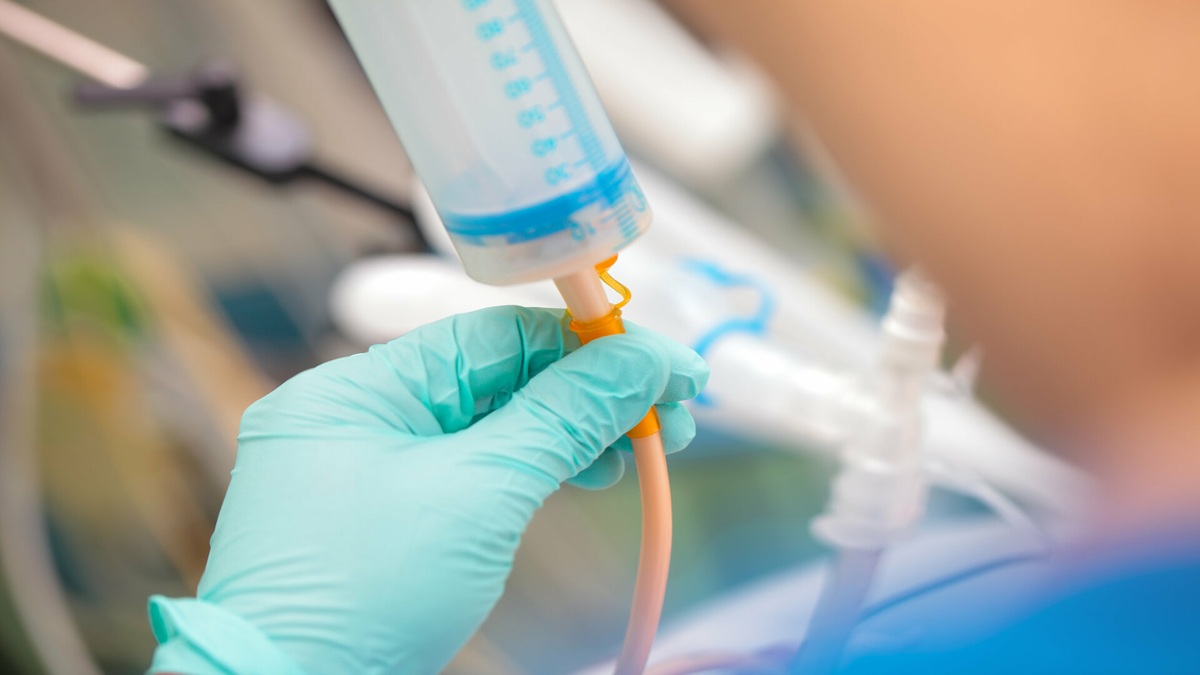







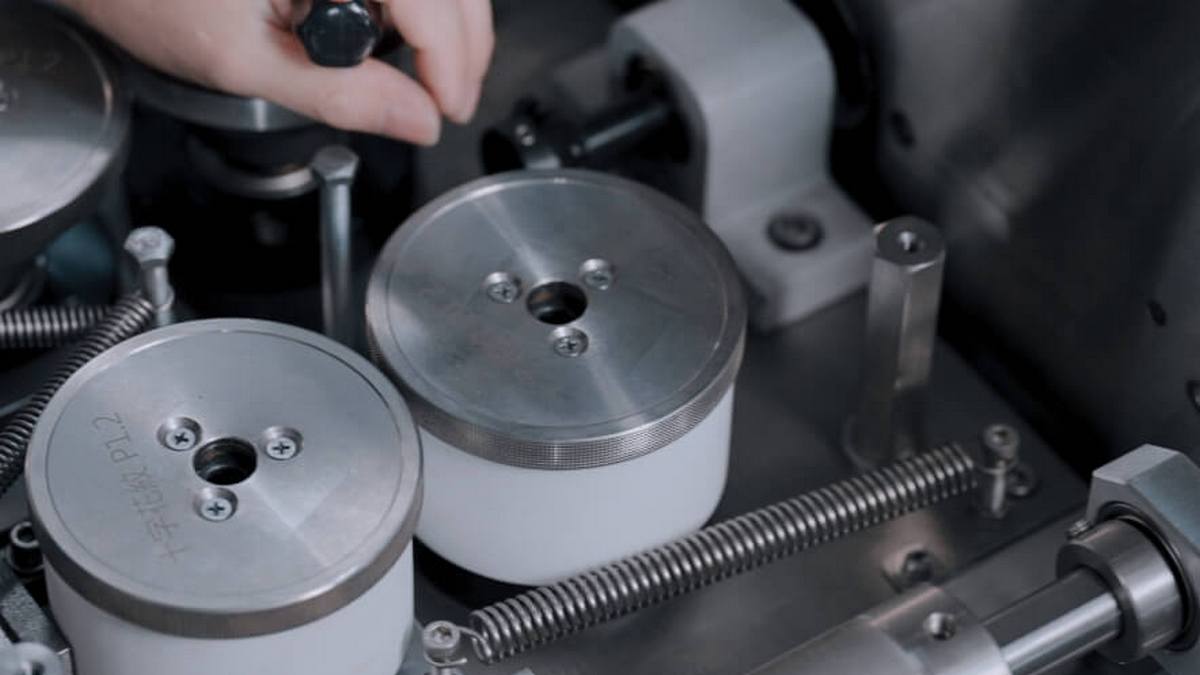



.jpg)


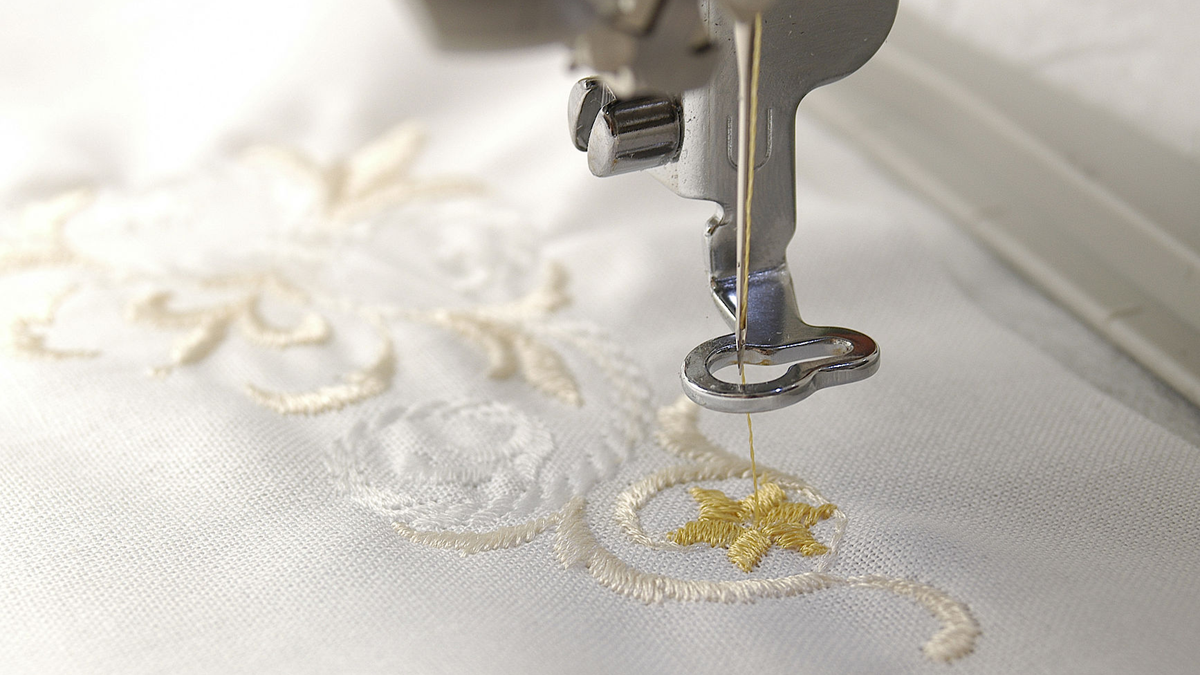
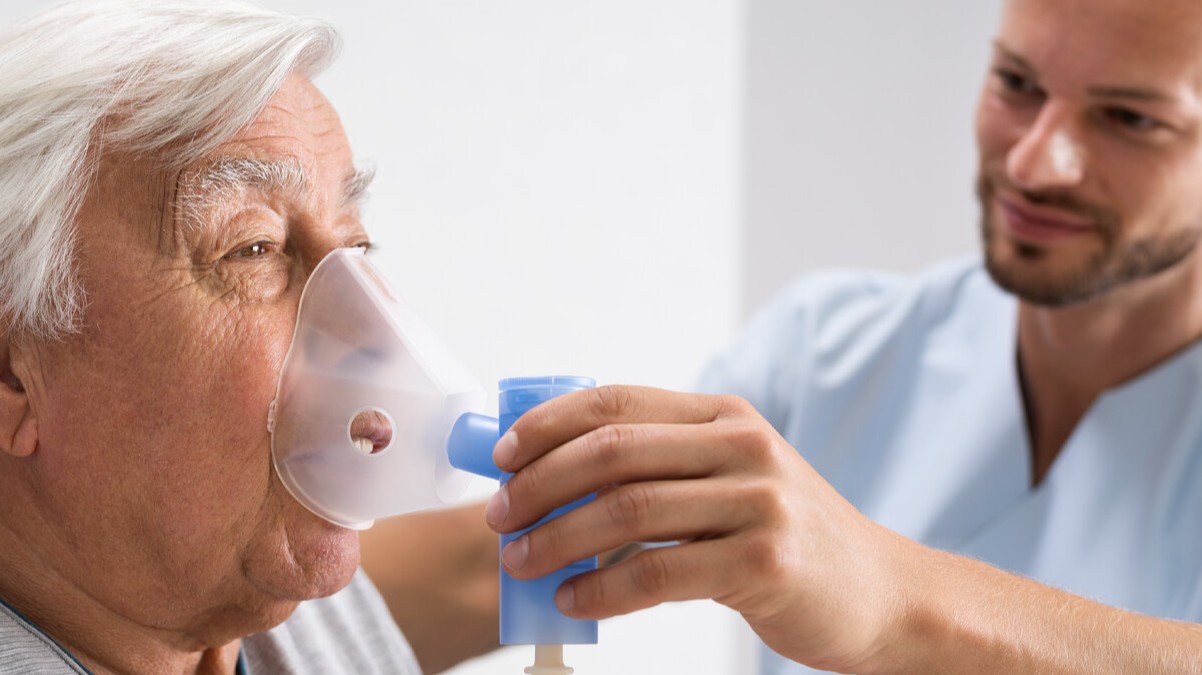



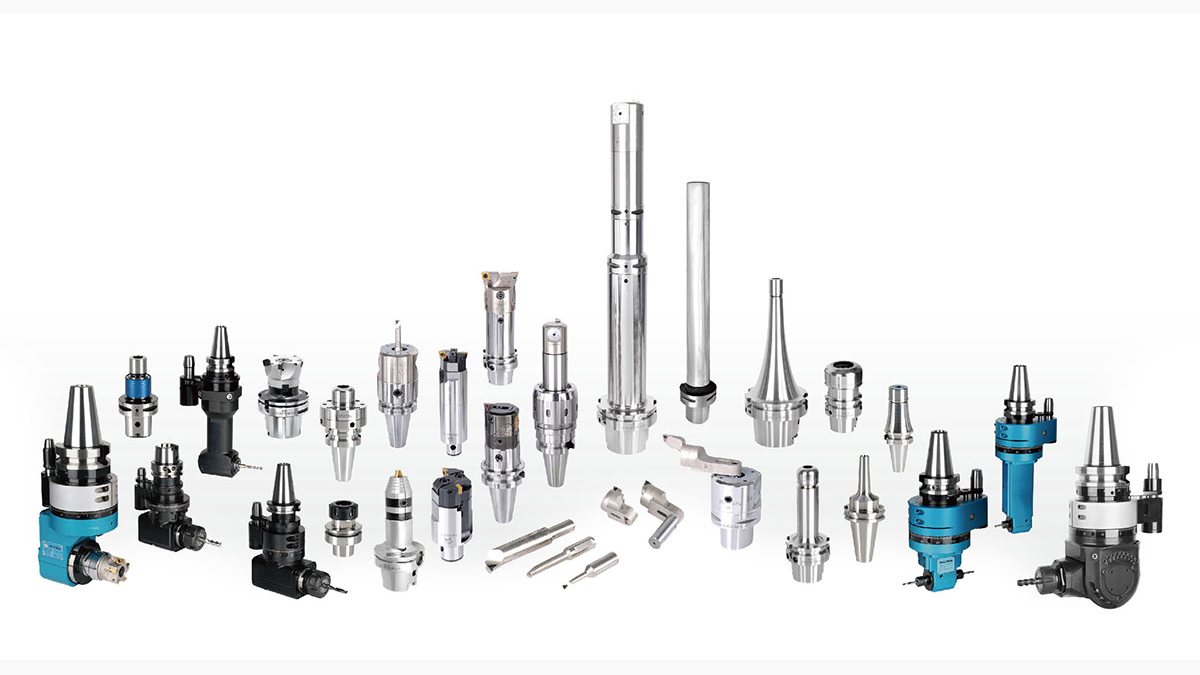






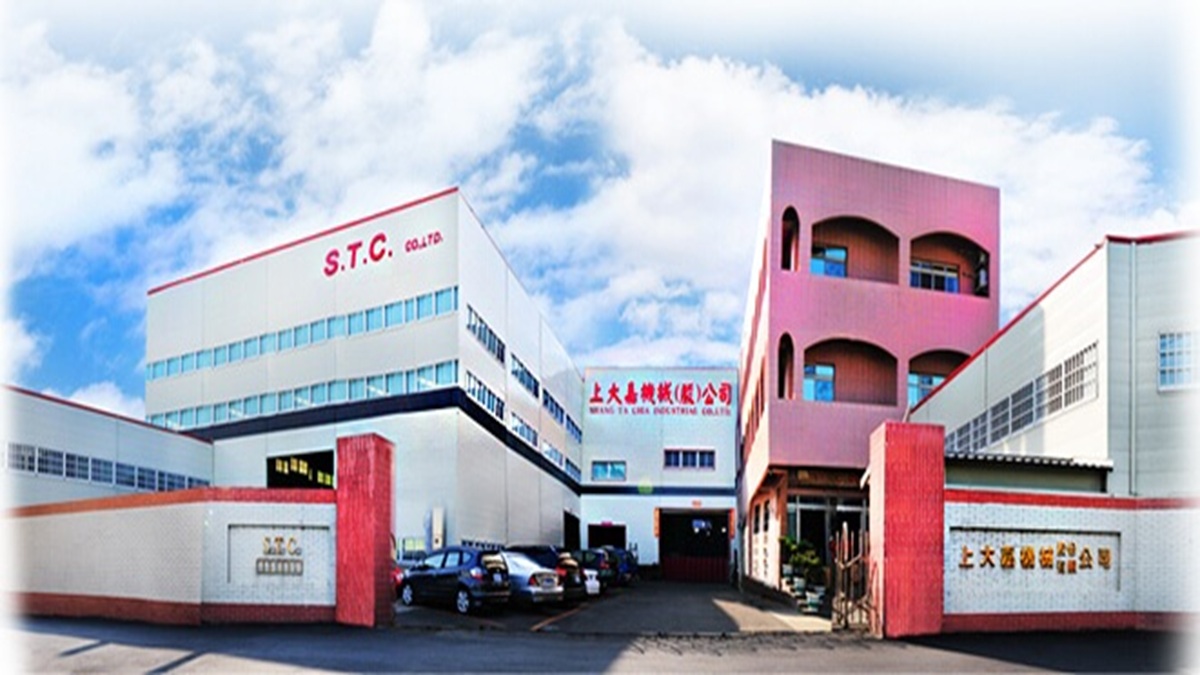

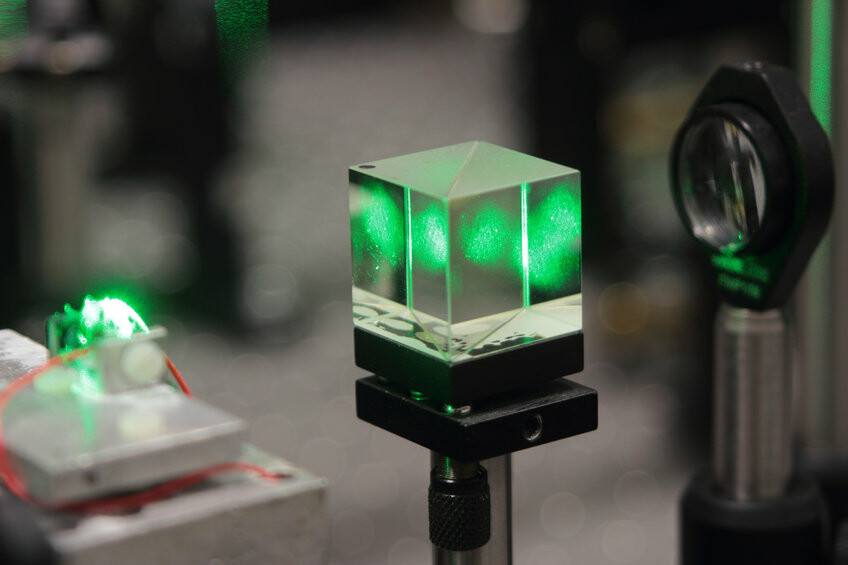
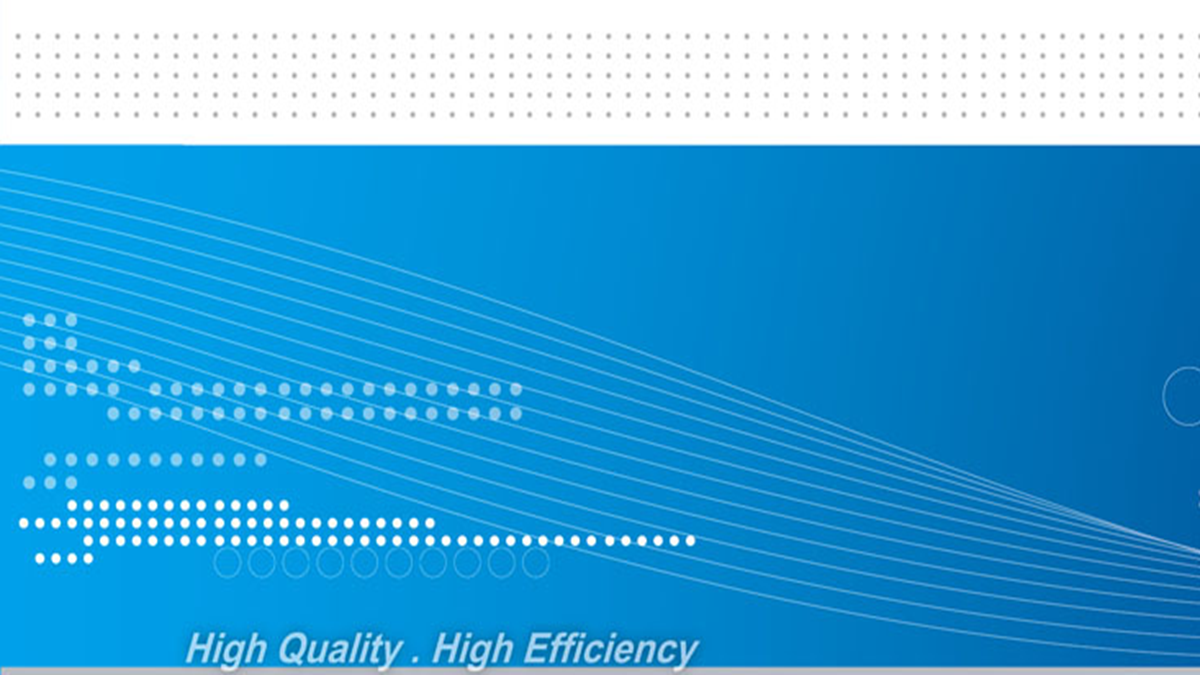
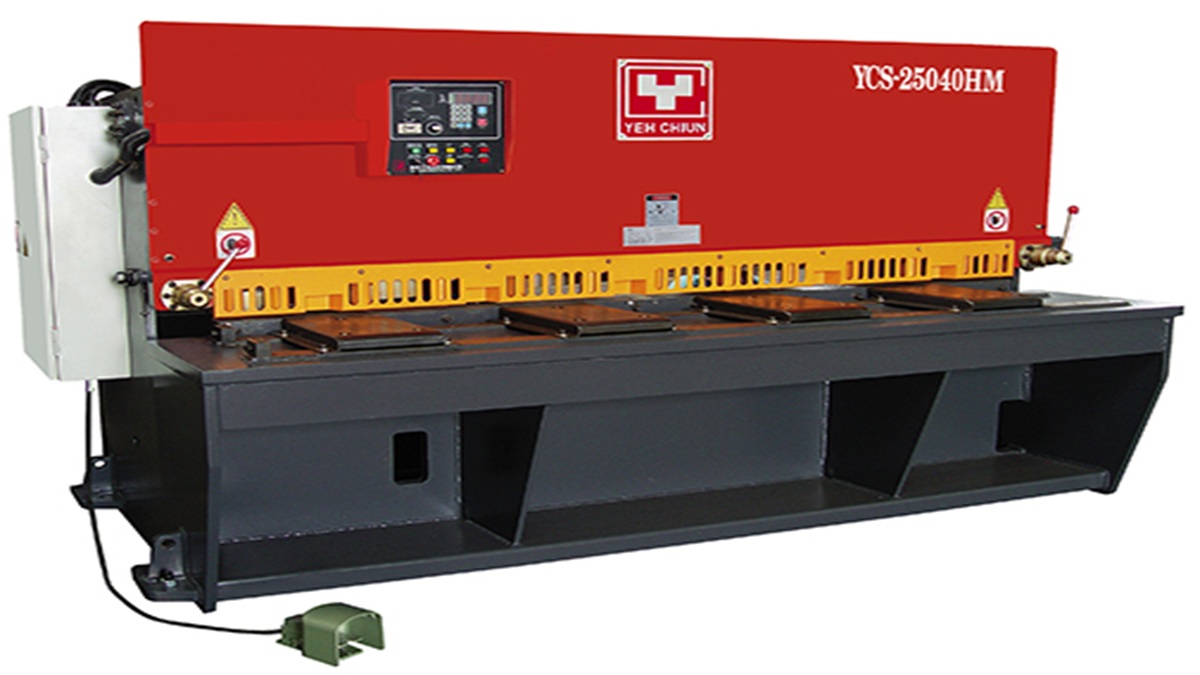
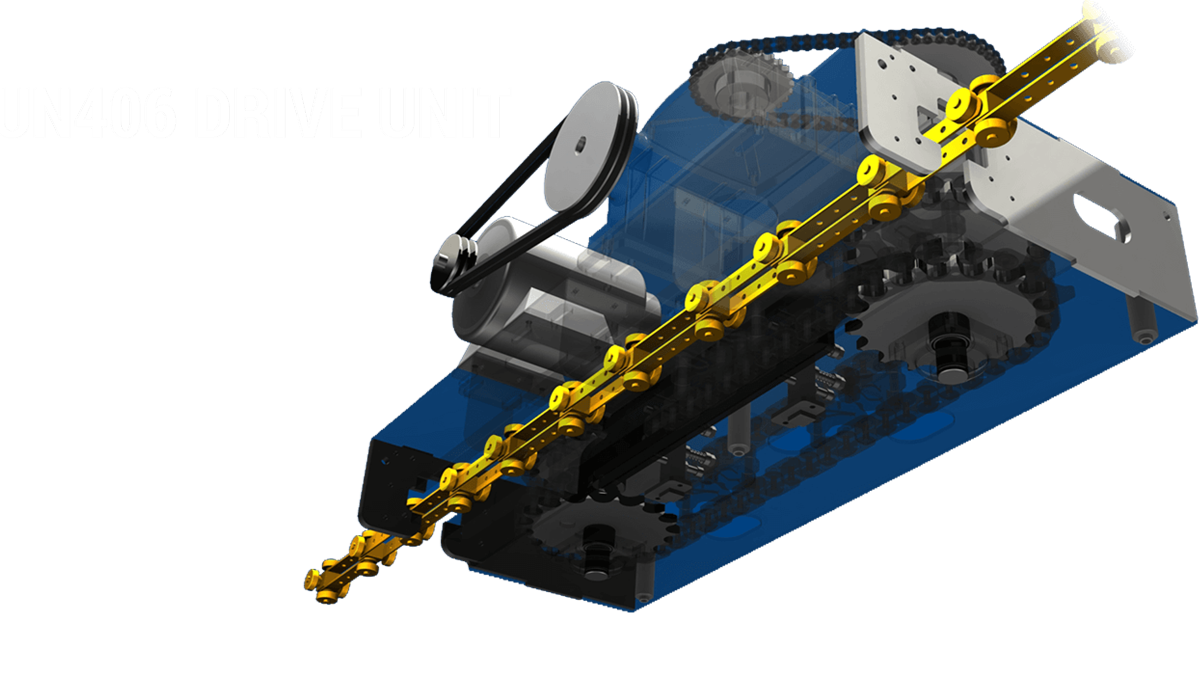



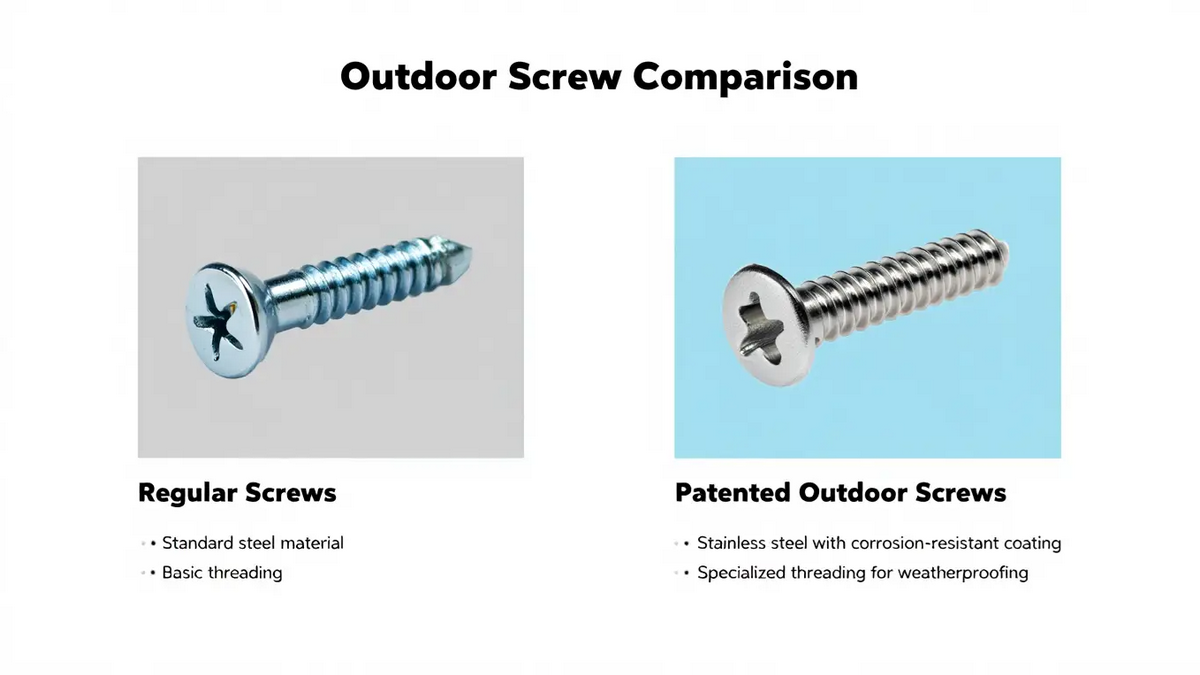
.jpg)


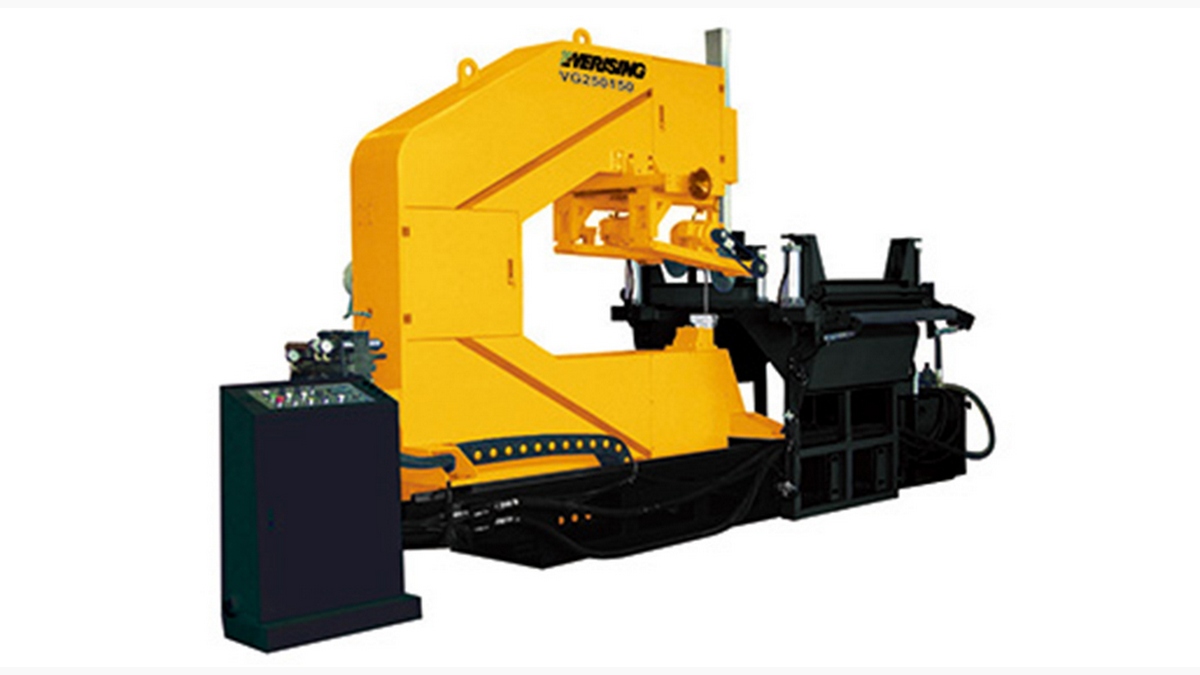



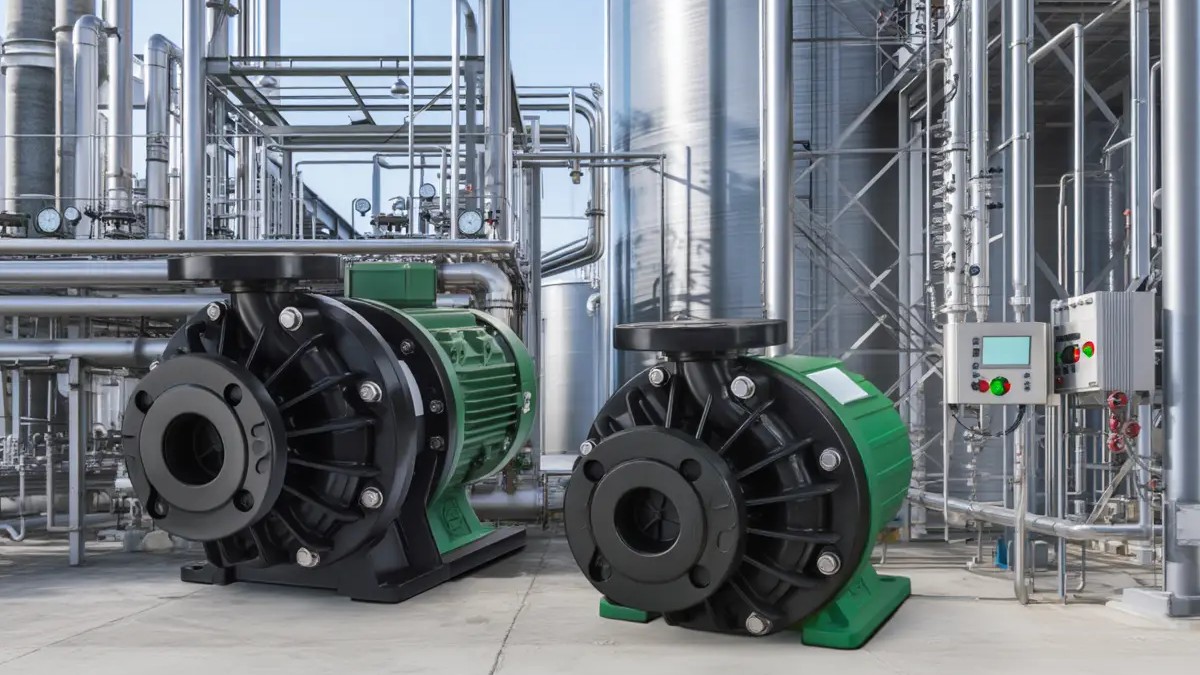
.png)
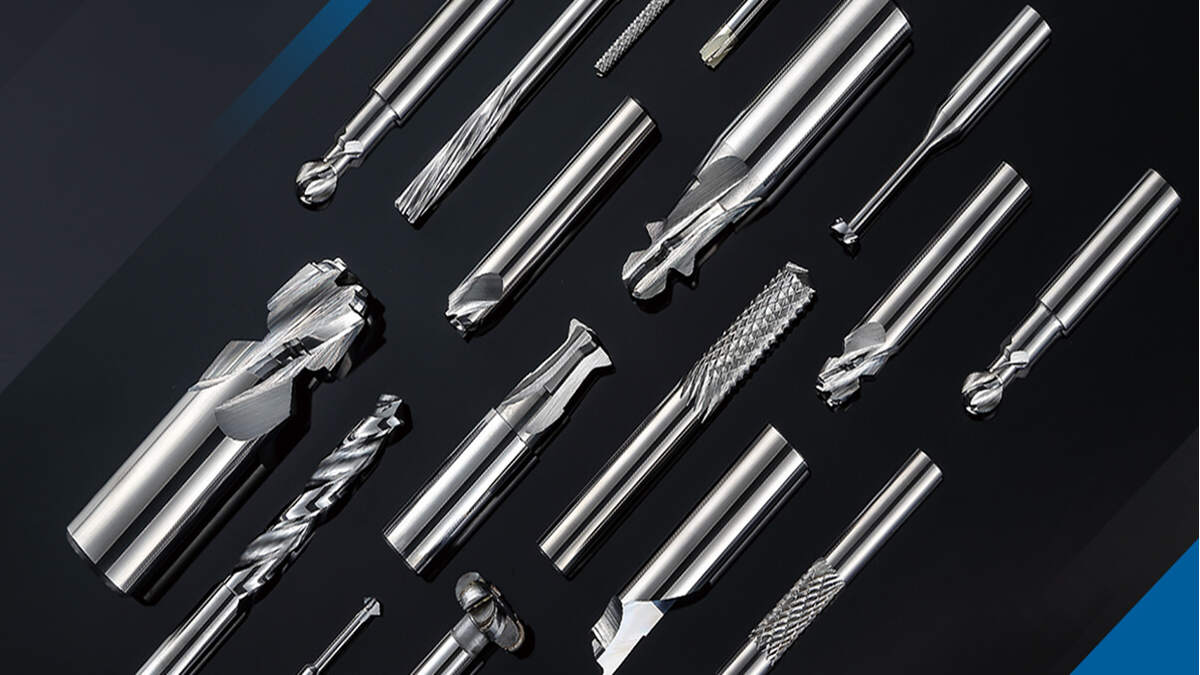
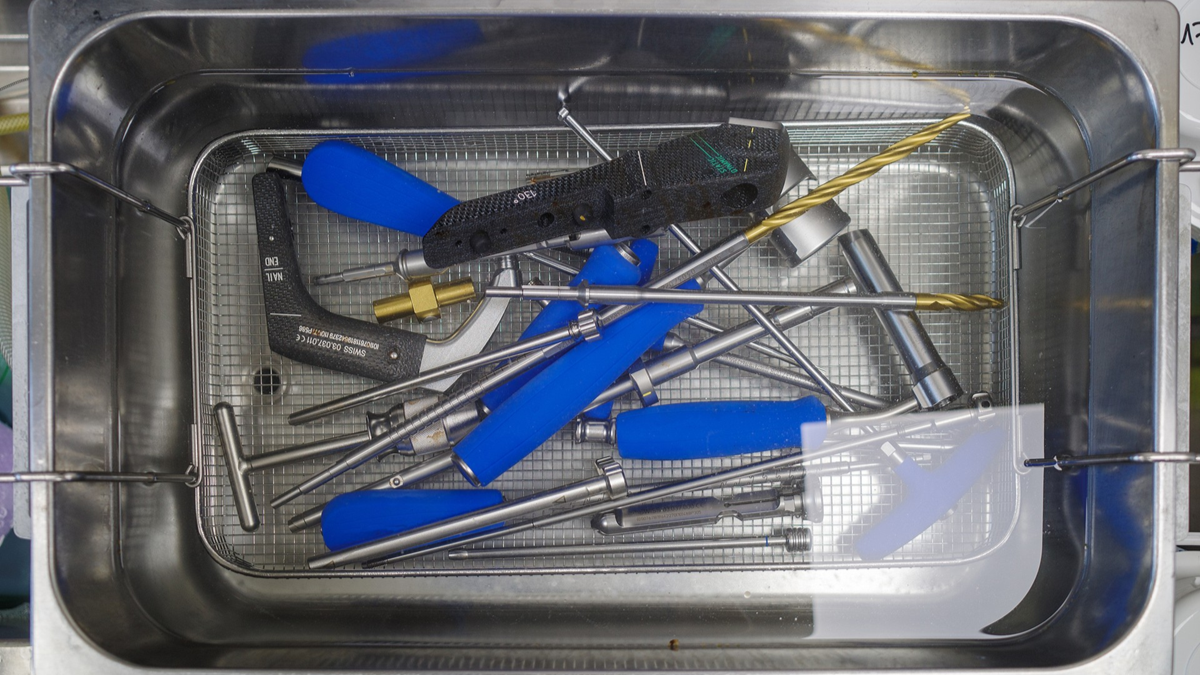
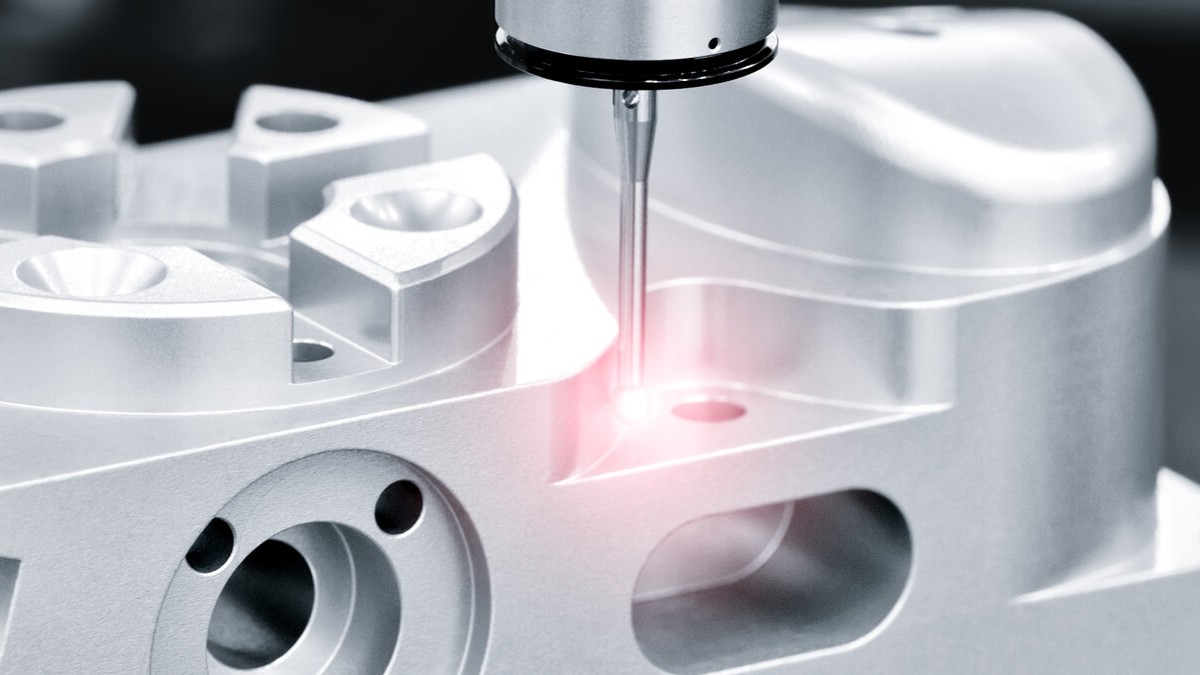
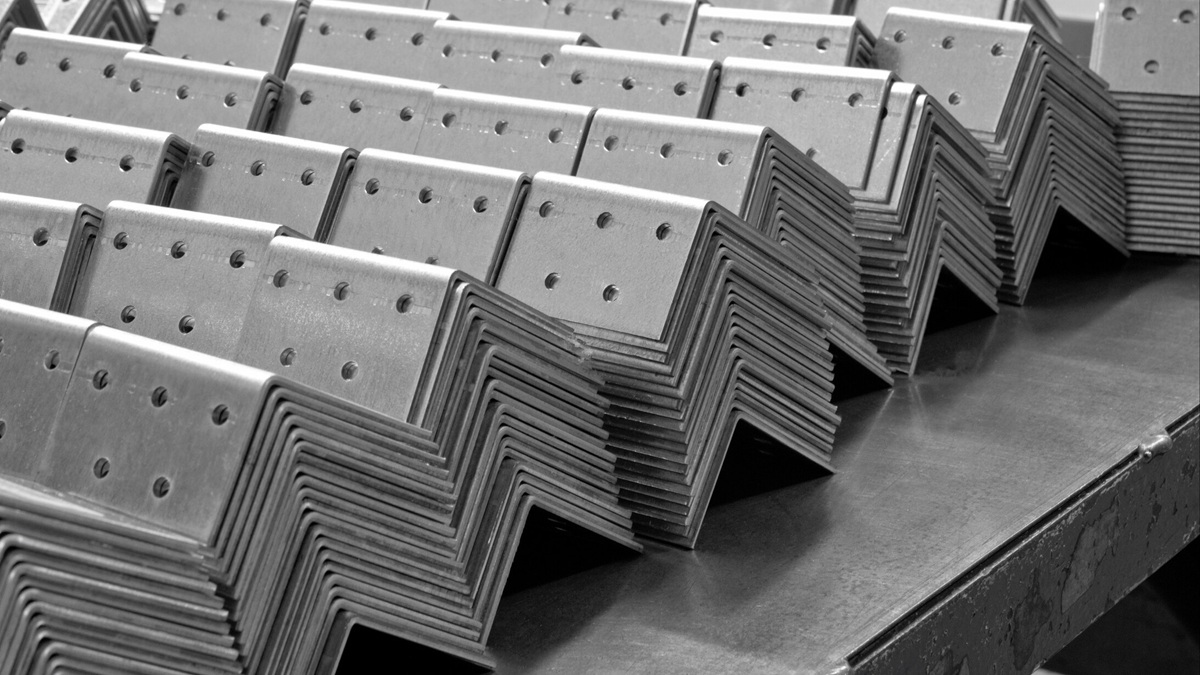
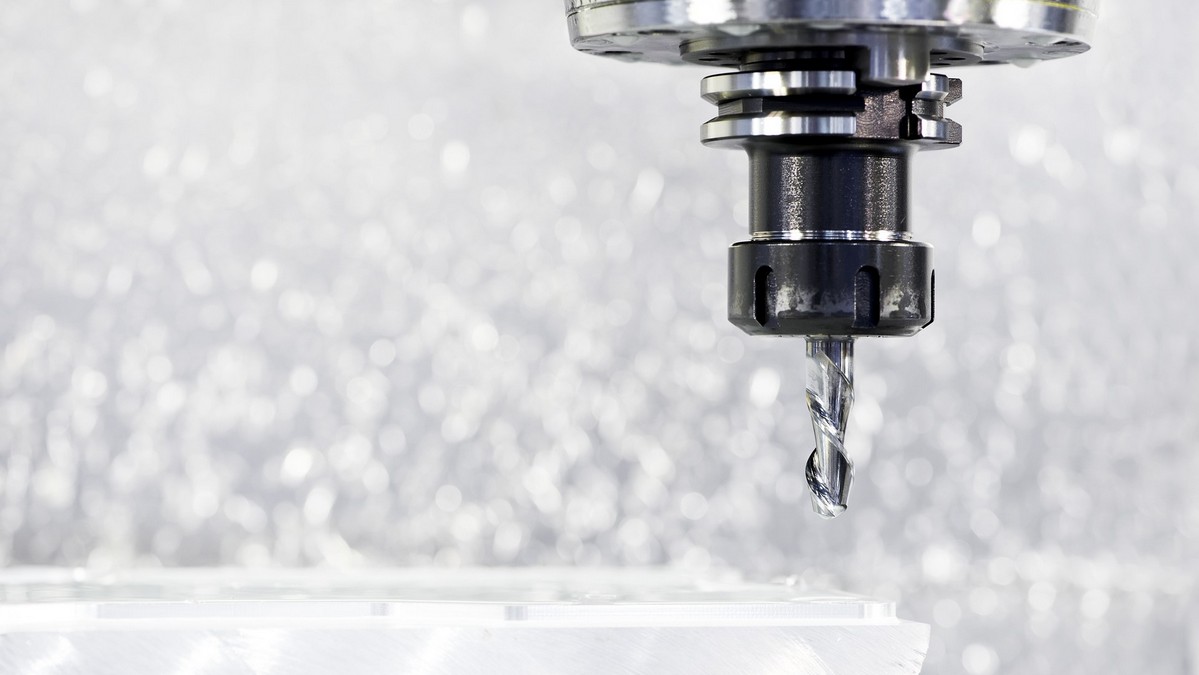

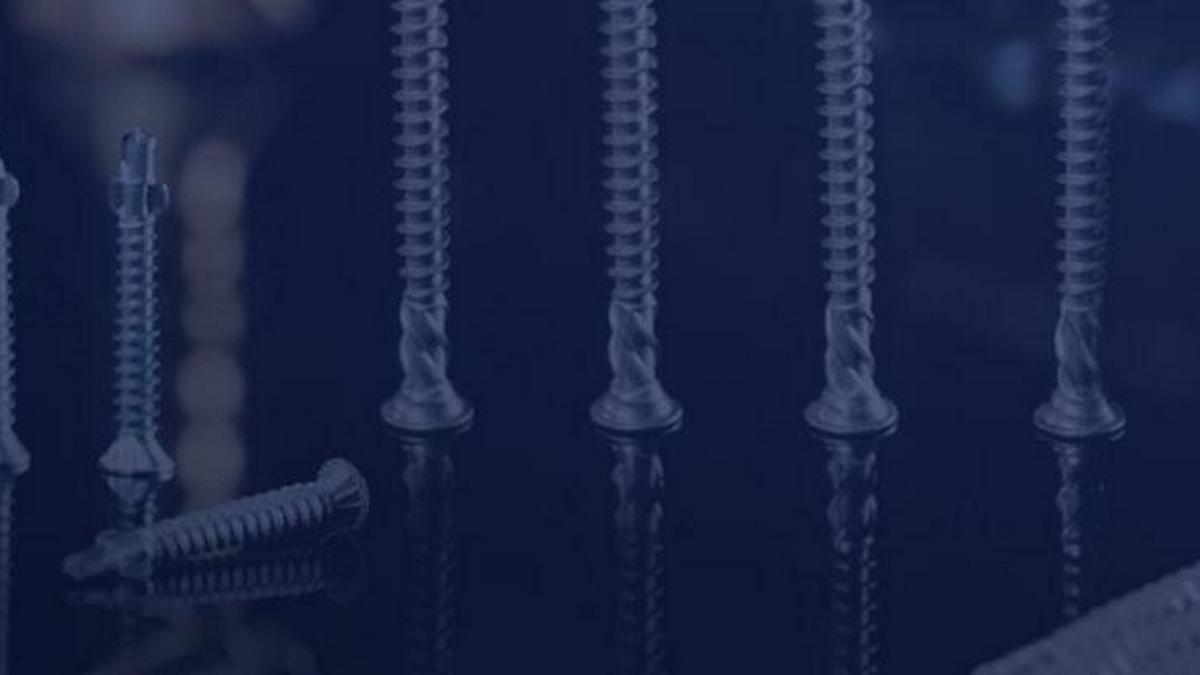

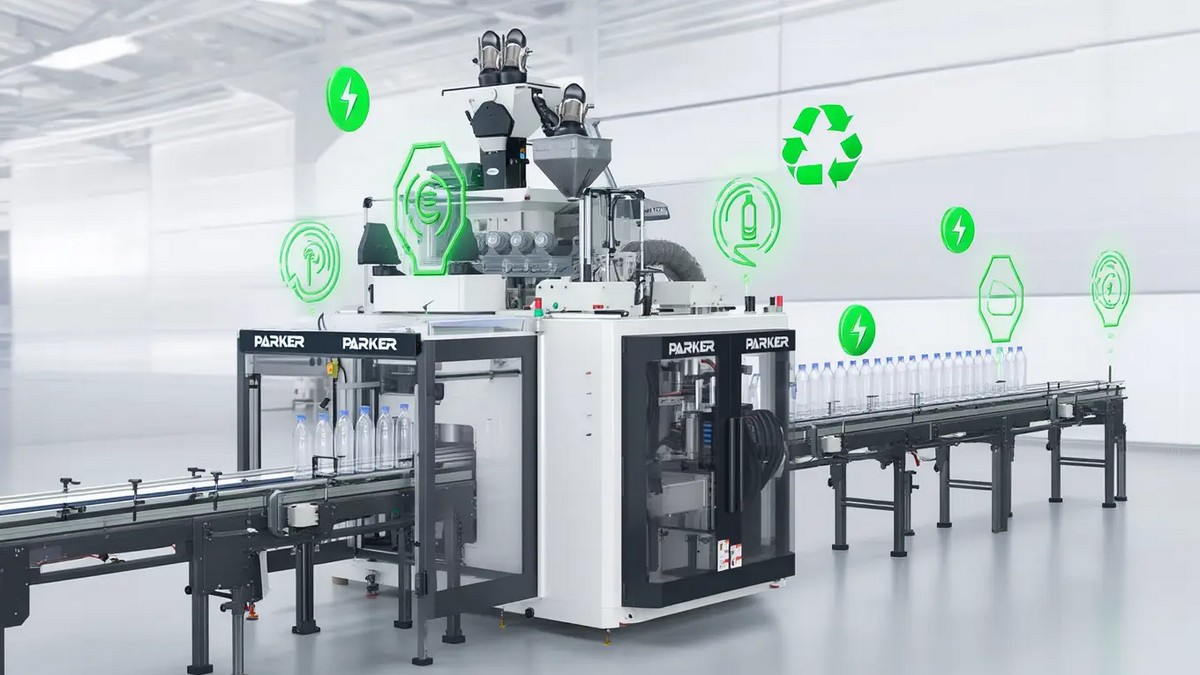

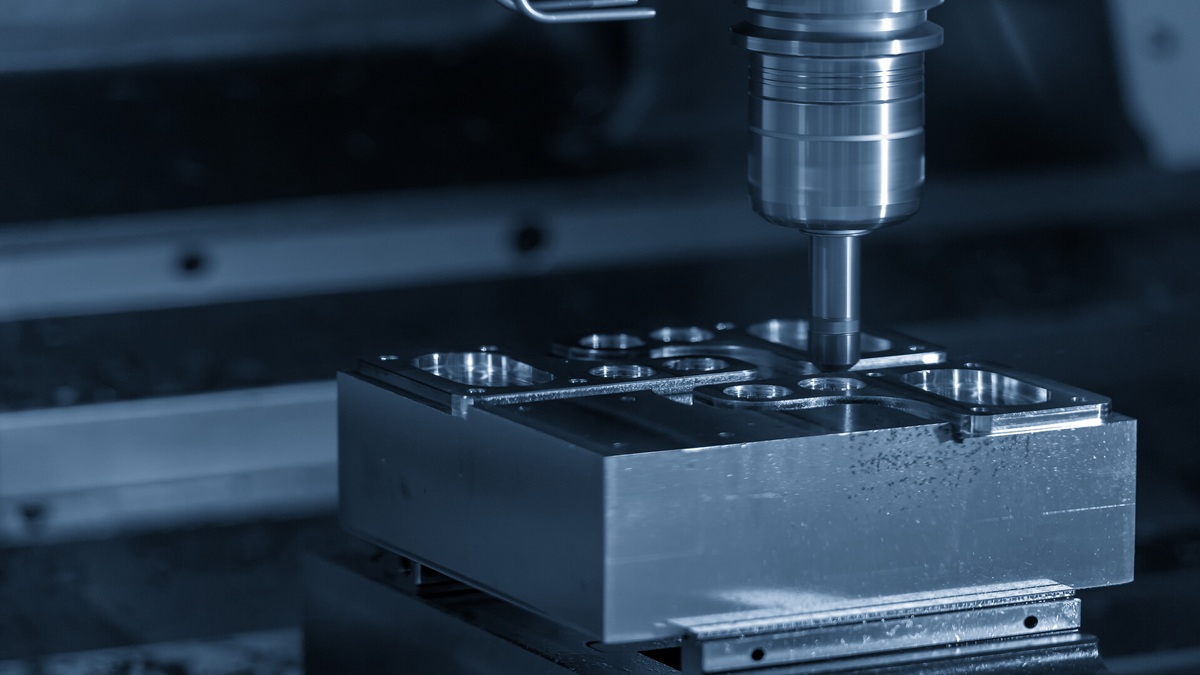



.jpg)
.jpg)
.jpg)

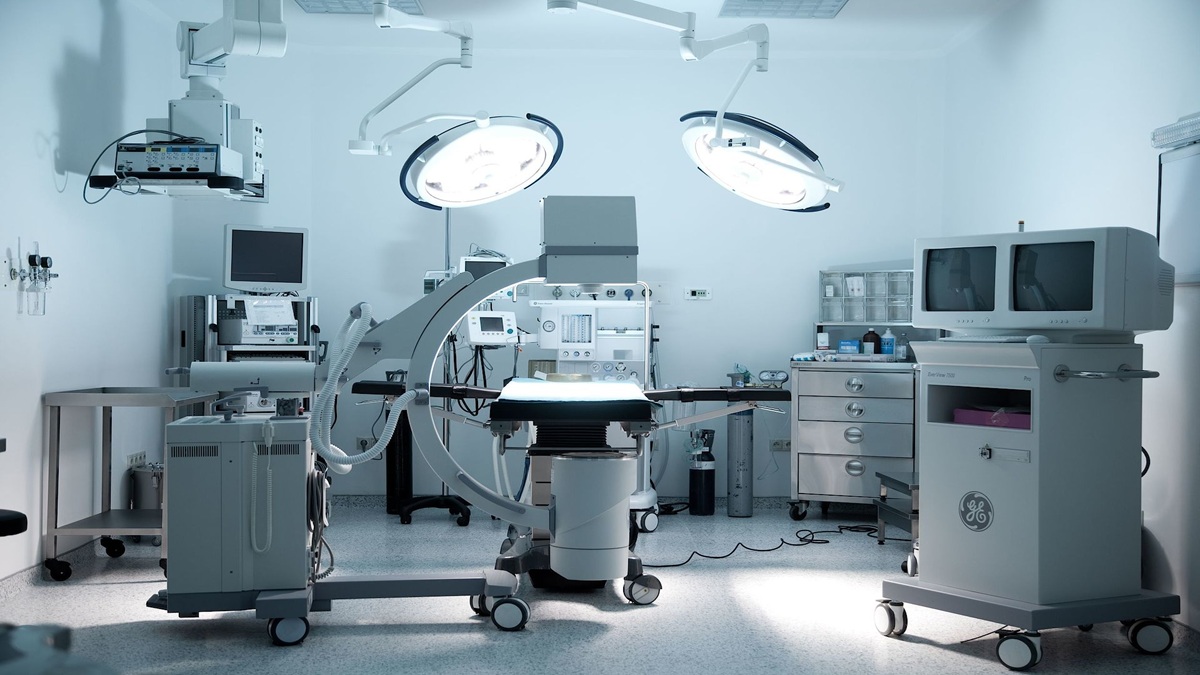
.jpg)